Contents
i CITY ON
THE LINE
How Baltimore Transformed Its Budget to
Beat the Great Recession and Deliver Outcomes
Andrew Kleine
Foreword by Peter Hutchinson
ROWMAN & LITTLEFIELD
Lanham Boulder New York London
ii Executive Editor: Traci Crowell
Assistant Editor: Mary Malley
Senior Marketing Manager: Karin Cholak
Interior Designer: Rosanne Schloss
Credits and acknowledgments for material borrowed from other sources, and reproduced with permission, appear on the appropriate page within the text.
Published by Rowman & Littlefield
An imprint of The Rowman & Littlefield Publishing Group, Inc.
4501 Forbes Boulevard, Suite 200, Lanham, Maryland 20706
www.rowman.com
Unit A, Whitacre Mews, 26-34 Stannary Street, London SE11 4AB, United Kingdom
Copyright 2019 by The Rowman & Littlefield Publishing Group, Inc.
All rights reserved . No part of this book may be reproduced in any form or by any electronic or mechanical means, including information storage and retrieval systems, without written permission from the publisher, except by a reviewer who may quote passages in a review.
British Library Cataloguing in Publication Information Available
Library of Congress Cataloging-in-Publication Data Available
ISBN 978-1-5381-2187-0 (cloth: alk. paper)
ISBN 978-1-5381-2188-7 (pbk.: alk. paper)
ISBN 978-1-5381-2189-4 (electronic)
 The paper used in this publication meets the minimum requirements of American National Standard for Information SciencesPermanence of Paper for Printed Library Materials, ANSI/NISO Z39.48-1992.
The paper used in this publication meets the minimum requirements of American National Standard for Information SciencesPermanence of Paper for Printed Library Materials, ANSI/NISO Z39.48-1992.
Printed in the United States of America
iii To Kelly, Sara Gail, and Schroedera loving family is the ultimate outcome.
In memory of Beth Strommen, the gentle radical who sustained Outcome Budgeting.
iv Human progress is furthered, not by conformity, but by aberration.
H. L. Mencken, the Sage of Baltimore
v Contents
vii Foreword
What you are about to read is a very unusual book. It is a lively combination of stories well told, lessons learned, and vital adviceabout budgeting: outcome budgeting, to be specific. It does a masterful job of connecting Outcome Budgets to strategic planning, performance management, the STAT process, and all of the other tools needed to effectively manage a government and successfully deliver results.
When it comes to directing and controlling what gets done and how in government, nothing is more powerful than the making and the management of the budget. When it comes to communicating what matters, nothing is more compelling than the processes and priorities of the budget. When it comes to focusing the attention and driving the behavior of employees, nothing is more effective than the rules and results of the budget. Nothing. No speech, no election campaign promise, no executive order, no press conference, no good intention can overcome the pervasive power of the budget.
I learned these lessons the hardest way possibleby humiliating myself in front of our states union shop stewards. I was the commissioner of finance for Minnesota. We had a budget shortfall. The governor expected me to come up with a solution. I did. He asked me to share it with our union leaders. I did. I failed.
I was pretty nave and went to the meeting convinced that with my charts and graphs and a call to do what was right for our citizens, viii I could win them over. I didnt get through the first chart before they started chuckling. By the time I finished they were laughing out loud. So I asked, What the hecks so funny? Well, one of them said, its pretty clear that you dont know what the heck you are talking about. (I wondered how he knew.) How do you know that? I asked. Look, he said, heres how it works. Every year in May we paint every building in our department inside and out. We cant save money because we are wasting our time spending it. Well thats crazy! I said. Of course, came his reply, and worse, this happens during the opening of the fishing season when we all want to be at the lake. But why are you doing this? came my next question. See, you really dont get it, do you? May is the month before June, and June is the end of the fiscal year. If we have any money left in our budget at the end of the year the angels of death from your department will scoop it up and take it back to the treasury. And as they fly away they will tell us, if you didnt need this money this year you wont need it next year, and they cut our budget. You can give all the speeches you want about savings, but the system is telling us louder and more powerfully than you can, spend the money, spend the money! And we do, even if its crazy.
That day I learned that the budget systemthe processes by which we make and manage our financeswas running the government, not us. I learned that every organization produces exactly the results that its systems are designed to produce (even crazy results). If we want different results, we need a different design.
How we budget, where we start, what questions we ask, how we answer them, and what we reward are all a matter of design. They are choices. The choices in the budget design at work in Minnesota at that time, and still in most governments today, were made decades ago. They were part of a revolutionary redesign that was implemented to take control over the chaos and corruption in government over a hundred years ago. Today we call that design bureaucracyand we dont mean it as a compliment. But it did exactly what it was designed to do: it brought order and control to the process of raising and spending public resources.
ix
It is also the only design that most of us have ever known. In fact, we think it is the only design. We are wrong.
In August of 2002, Governor Gary Locke of Washington found himself in a deep budget hole. Locke knew how to budget. He had been an executive of Washingtons largest county and chaired the Appropriations Committee when he served in the state senate. As a result, he knew that the budget design that got his state into this mess would not get him out. He knew he needed a new design.
The design we developed and implemented for the first time in 2002 we called Budgeting for Outcomes or Outcome Budgeting. It worked. The story of how it happened and how it works we recounted in our book The Price of Government .
Andrew Kleine, a true government innovator, has picked up the story from there. In a decade of using Outcome Budgeting in Baltimore, he continuously improved the design and used it to drive better outcomes for his city. This book, appropriately titled City on the Line: How Baltimore Transformed Its Budget to Beat the Great Recession and Deliver Outcomes , tells that story. It can serve as a guide for every government in how to use the power of the budget to deliver results that matter to those it serves. Doing so, now more than ever, is essential to assuring the legitimacy of our vital public institutions.
Peter Hutchinson
Minneapolis, Minnesota
May 12, 2018
Peter Hutchinson has served as a deputy mayor in Minneapolis, Superintendent of the Minneapolis Public Schools, and commissioner of finance (CFO) for the State of Minnesota. He cofounded the Public Strategies Group, was president of the Bush Foundation (Saint Paul, Minnesota), and led public service strategy for Accenture. He coauthored The Price of Government with David Osborne.
x
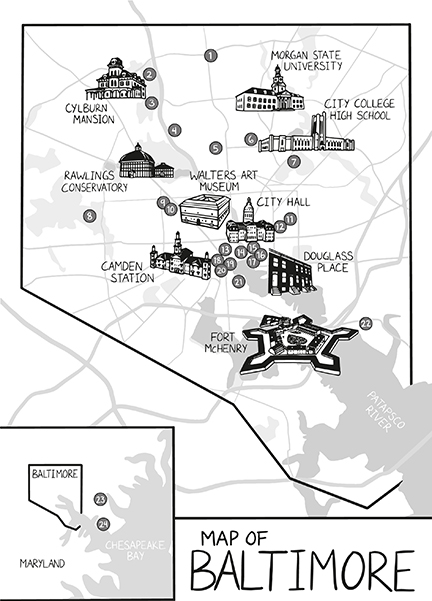

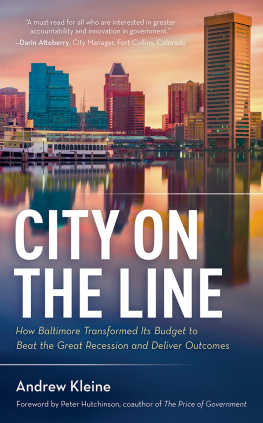


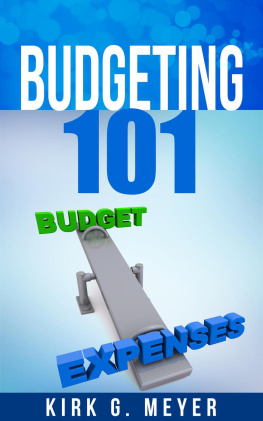
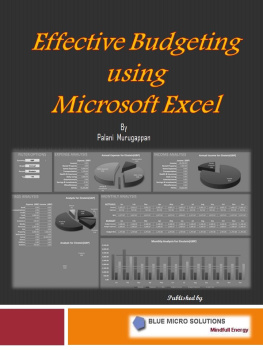
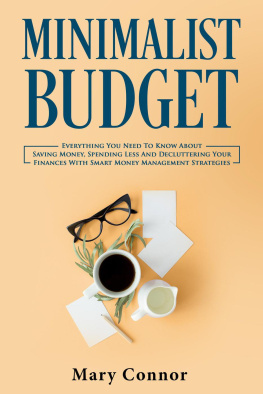
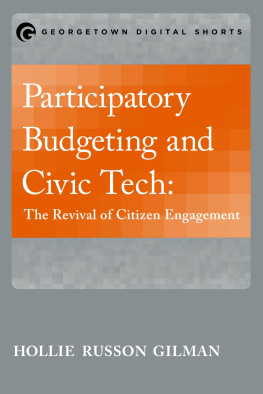
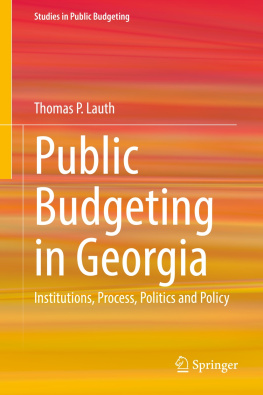
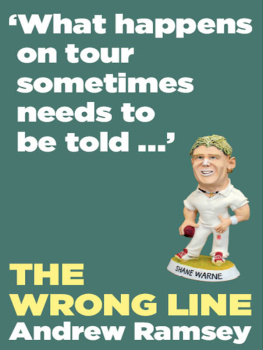


 The paper used in this publication meets the minimum requirements of American National Standard for Information SciencesPermanence of Paper for Printed Library Materials, ANSI/NISO Z39.48-1992.
The paper used in this publication meets the minimum requirements of American National Standard for Information SciencesPermanence of Paper for Printed Library Materials, ANSI/NISO Z39.48-1992.